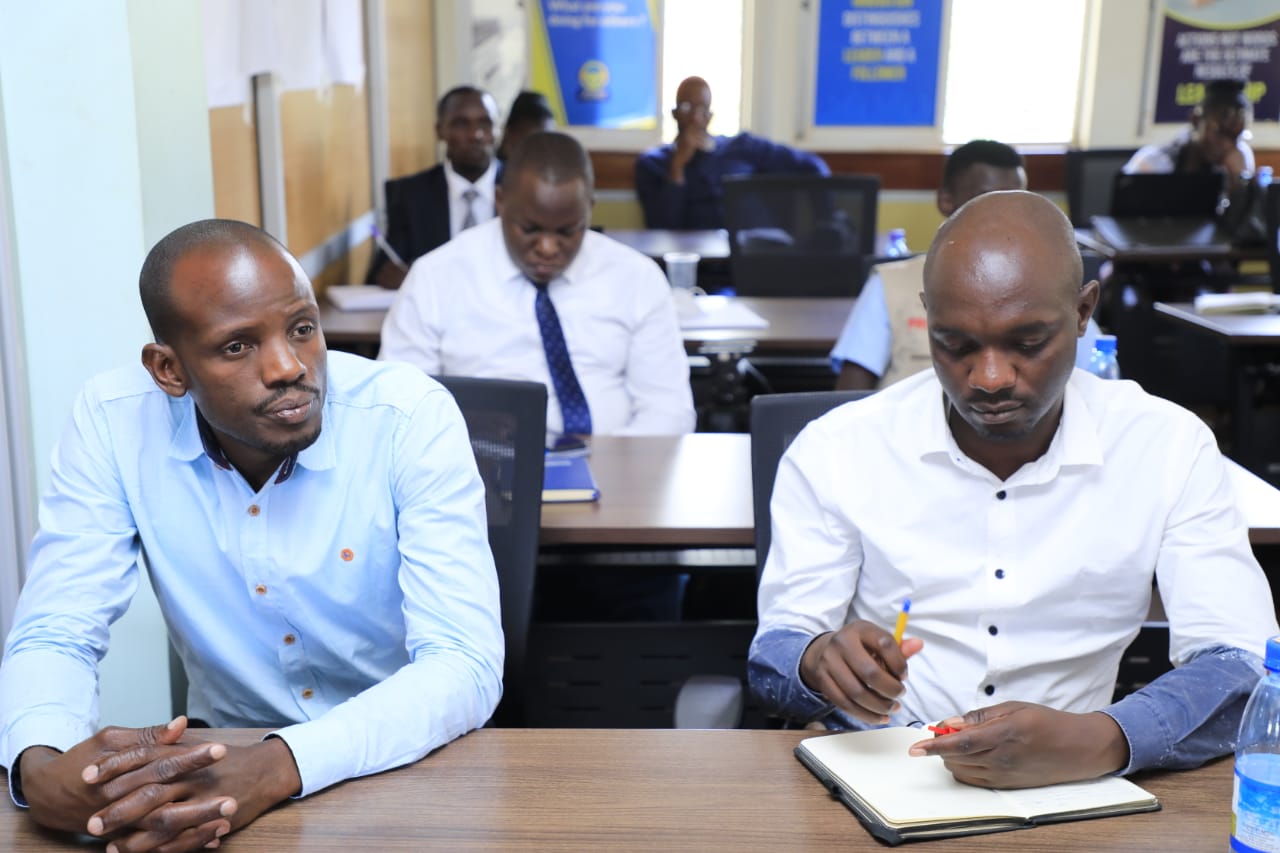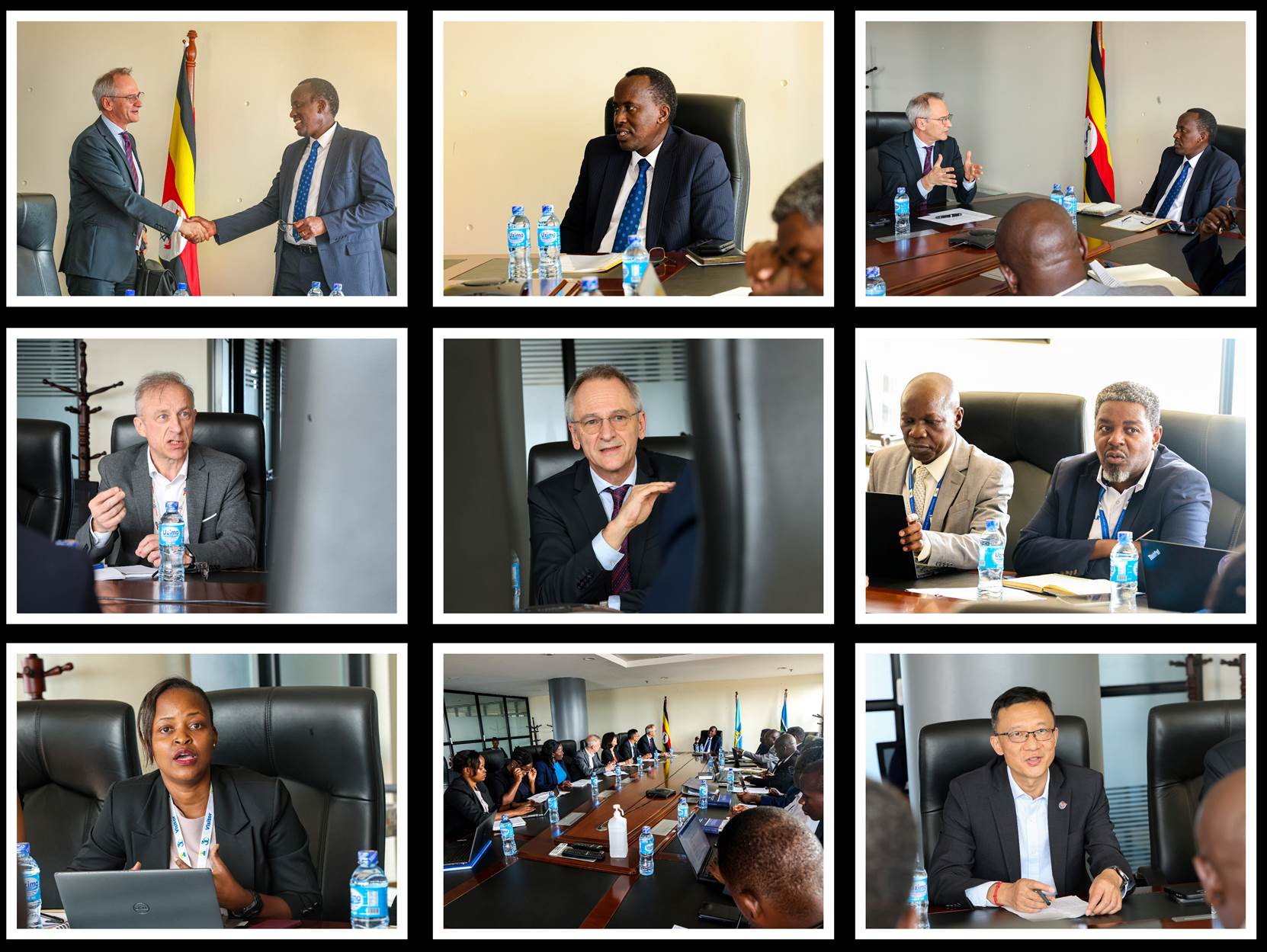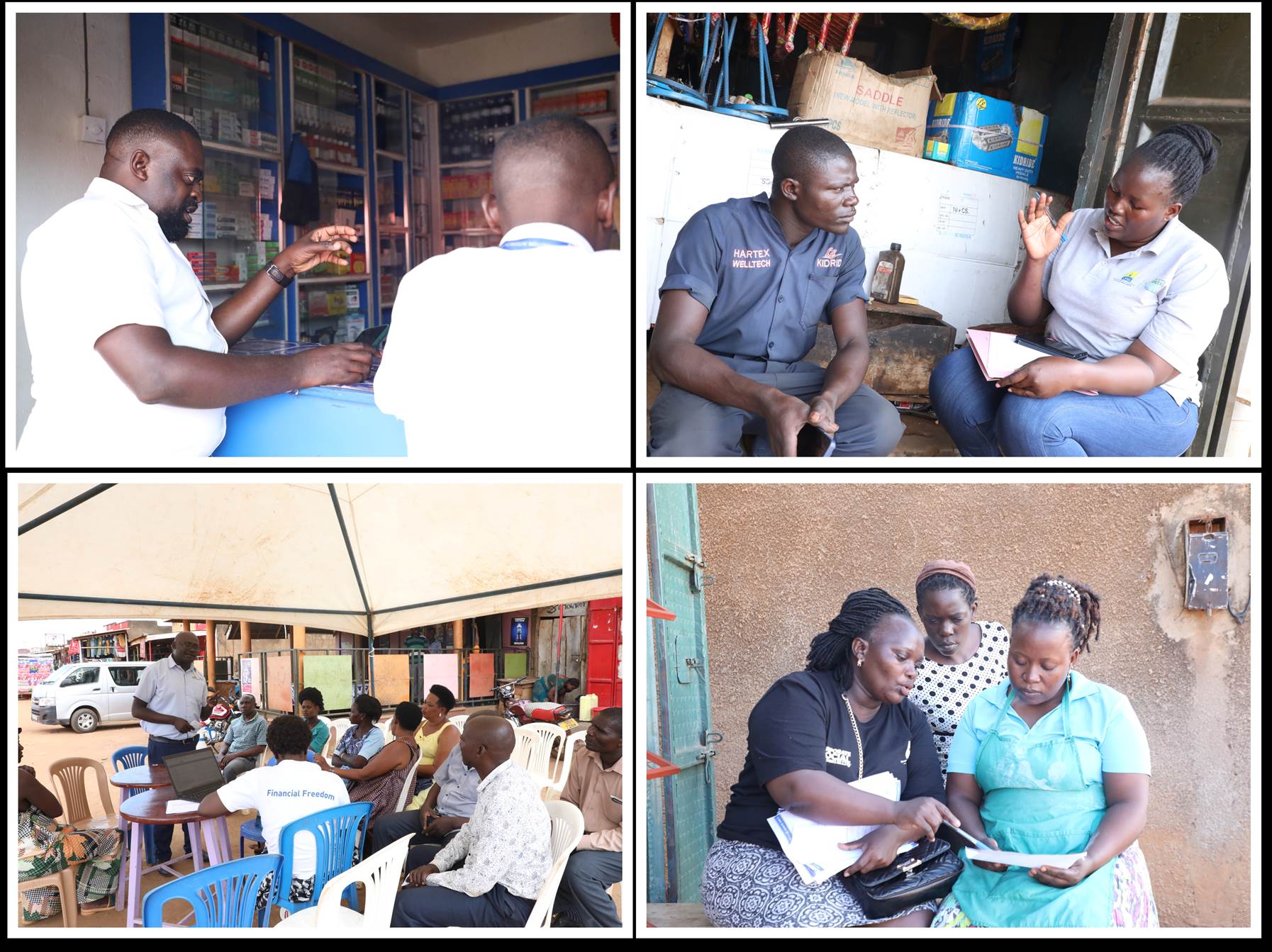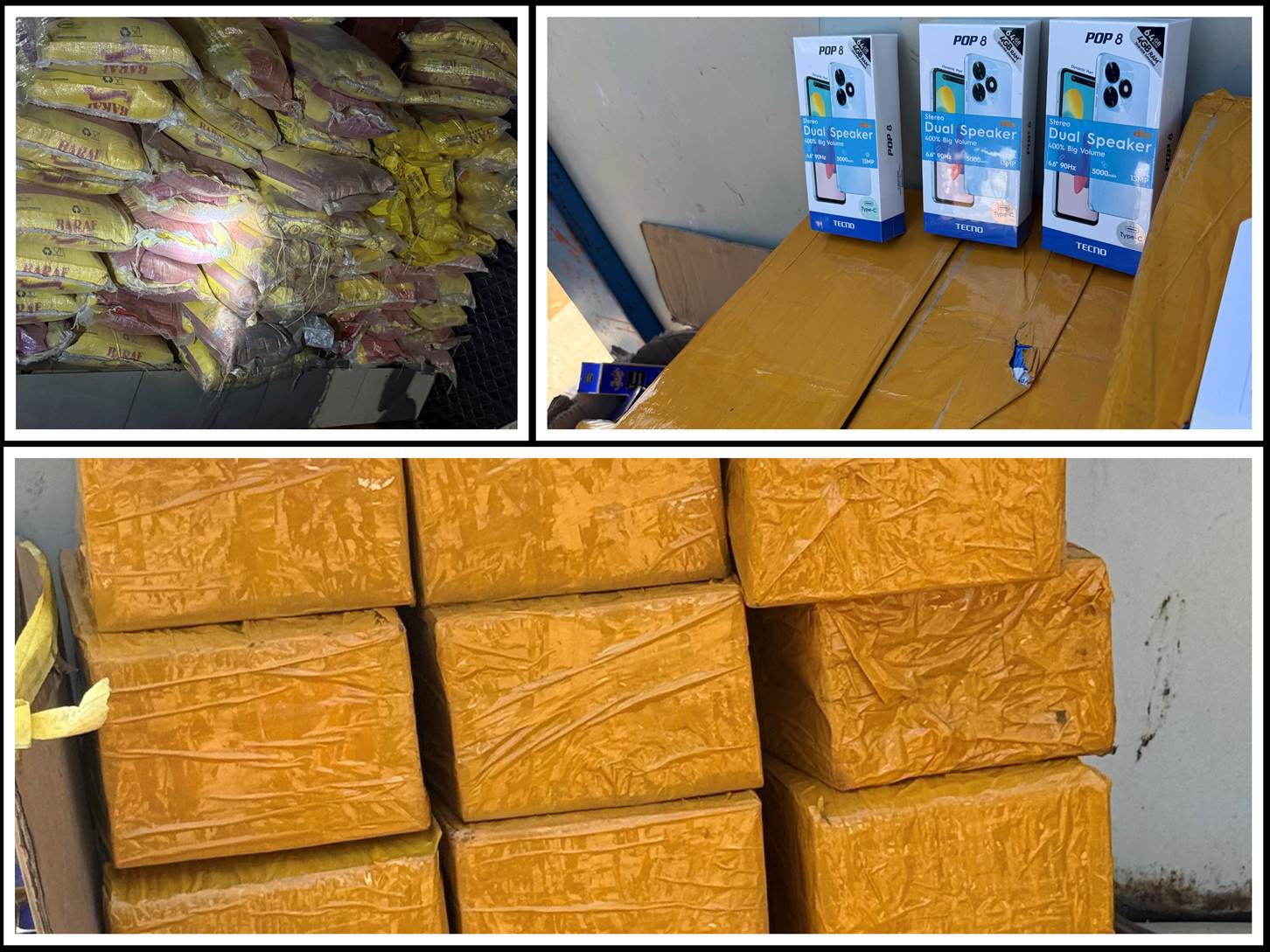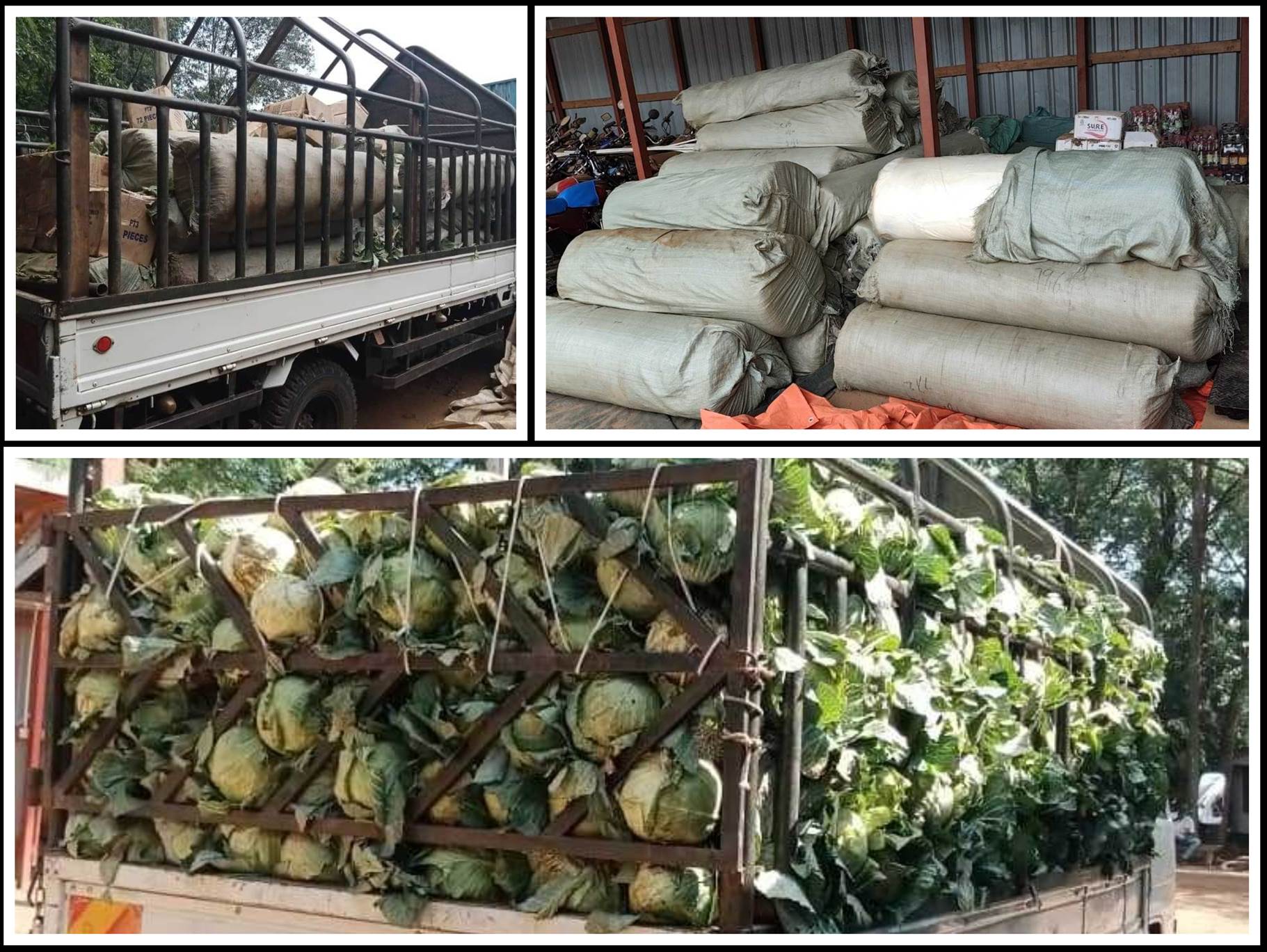By Immaculate Wanyenze
For more than 30 years now Uganda Revenue Authority has been a forerunner on a number of innovations within the tax administration space. The application of Scientific techniques and methods as a compliance management tool represents one of the authority’s most outstanding innovations along its journey.
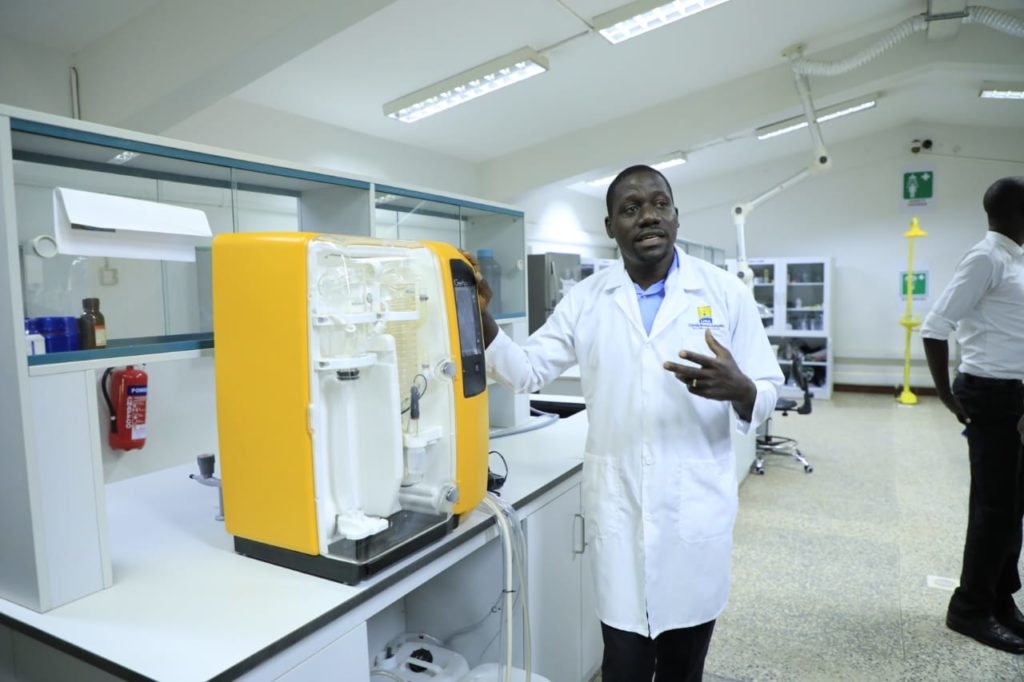
In the process of fulfilling her mandate hinged on revenue collection, URA recently trained journalists to appreciate science-based approaches employed to solve some tax challenges. These include; tax evasion, tax avoidance, fraud, smuggling, under declaration of production volumes, abuse of preferential treatment and economic incentives among others.
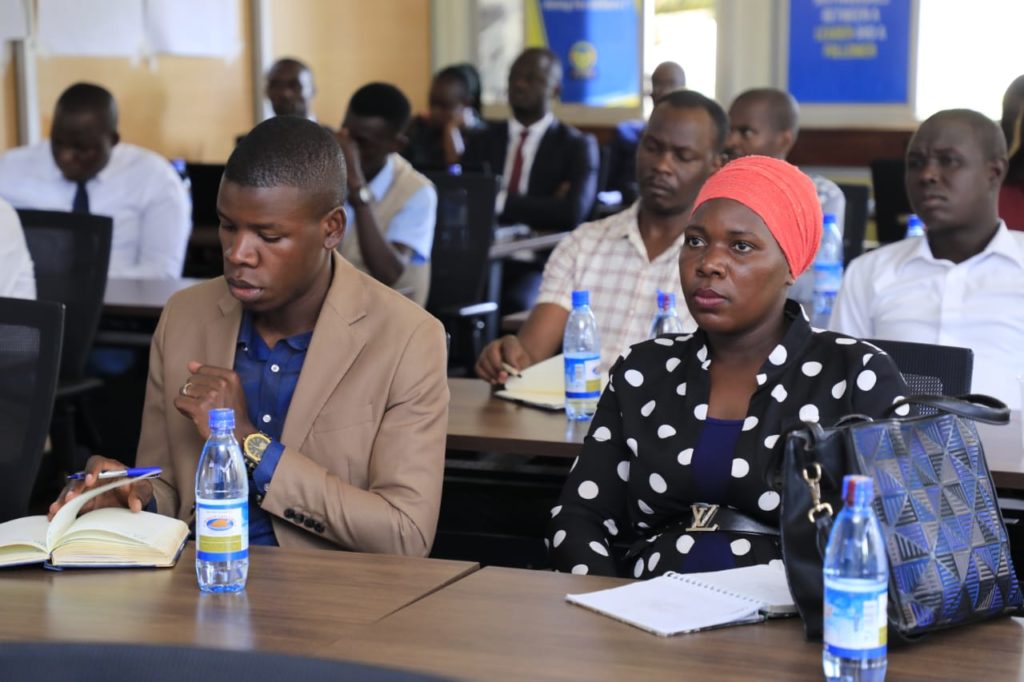
In order to address these challenges, Agnes Nabwire, the Assistant Commissioner Tax Investigation noted that URA has deployed science-based approaches to advise on future tax policy.
In addition to other tax collection measures URA has highlighted the important role science has contributed in enhancing revenue mobilization for selected imported goods through enforcing tax compliance especially in the manufacturing sector.
In order to allow the promotion of business and avoid manipulation of the tax system, Denis Kugonza Kateeba, the Commissioner Tax Investigation Department, said that there is a need to minimize tax fraud through tax investigations by applying science. Science will help to establish the right value of goods by testing samples of selected goods to ascertain the correct tax to be levied.
“Science application ascertain the appropriate cost of materials to make product valuation in order to determine the cost against which tax is levied,” he explained.
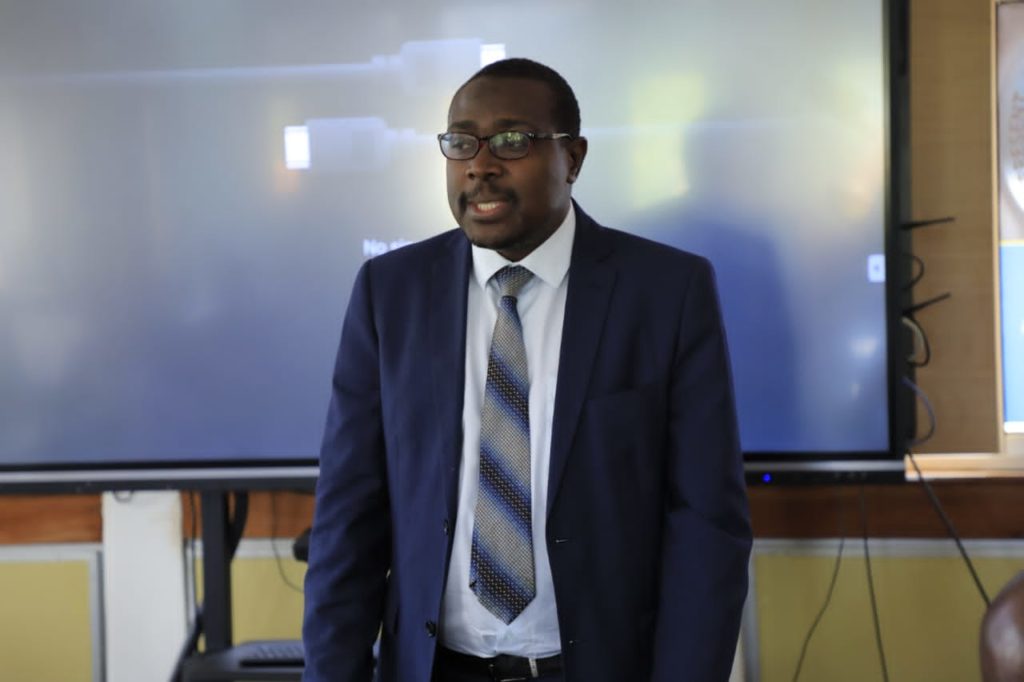
Agnes Nabwire while touring the laboratories at the URA headquarters noted there has been reliance on observation when classifying goods at the different border points. However, with Science now, the value of the products can be ascertained through laboratory testing before applying tax rates.
She said that the science tax application has also gone a long way in enforcing tax compliance through correct declarations by importers thus improving revenue.
“Different compositions have different values to pay tax commensurate to the value. URA has been losing revenue, with science we have recovered billions of shillings,” she said.
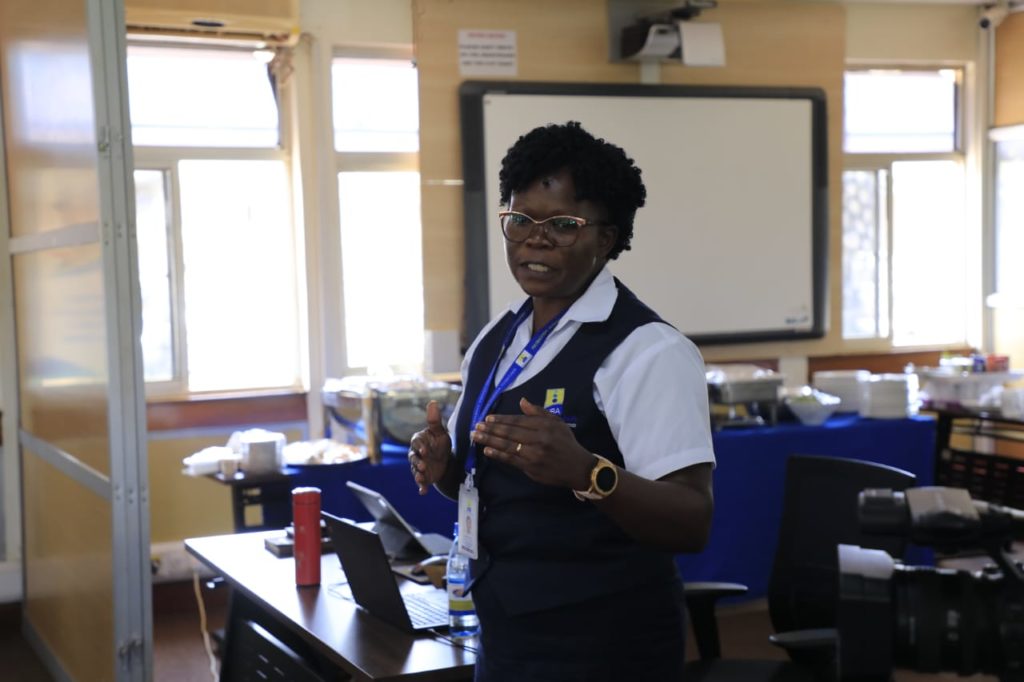
Stephen Kiggundu, the Ag. Manager of Science Investigations added that the various science models applied in revenue mobilization include: Digital Forensics to obtain information in digital formats, Geospatial Information System (GIS) data to support domestic tax, Laboratory service analysis among others.

These initiatives will minimize smuggling of goods, under declaration and abuse of export promotion schemes among others.


